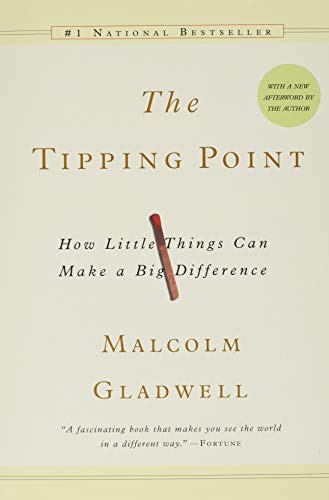They say, "How to Win Friends and Influence People" is one of the first self-help books ever published. It is written by Dale Carnegie and was first published in 1936 so that can be correct. Since then it has sold over 30 million copies world-wide and have won numerous awards. I had the pleasure to read a couple of months ago and it was well worth my time.
This book gives simple instructions in bringing people to your way of thinking, leadership and navigating people in general. Dale uses psychology to present different human relations and problems we all face once in a while and how to overcome the obstacles; It is very effective, even for someone with no psychology studies in their backpack. This is a great book and you'll learn a lot just by reading the fist few pages.








